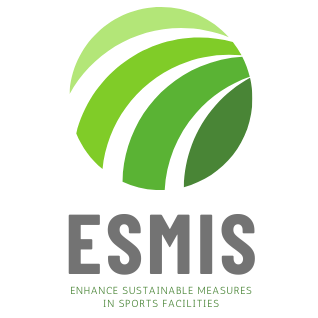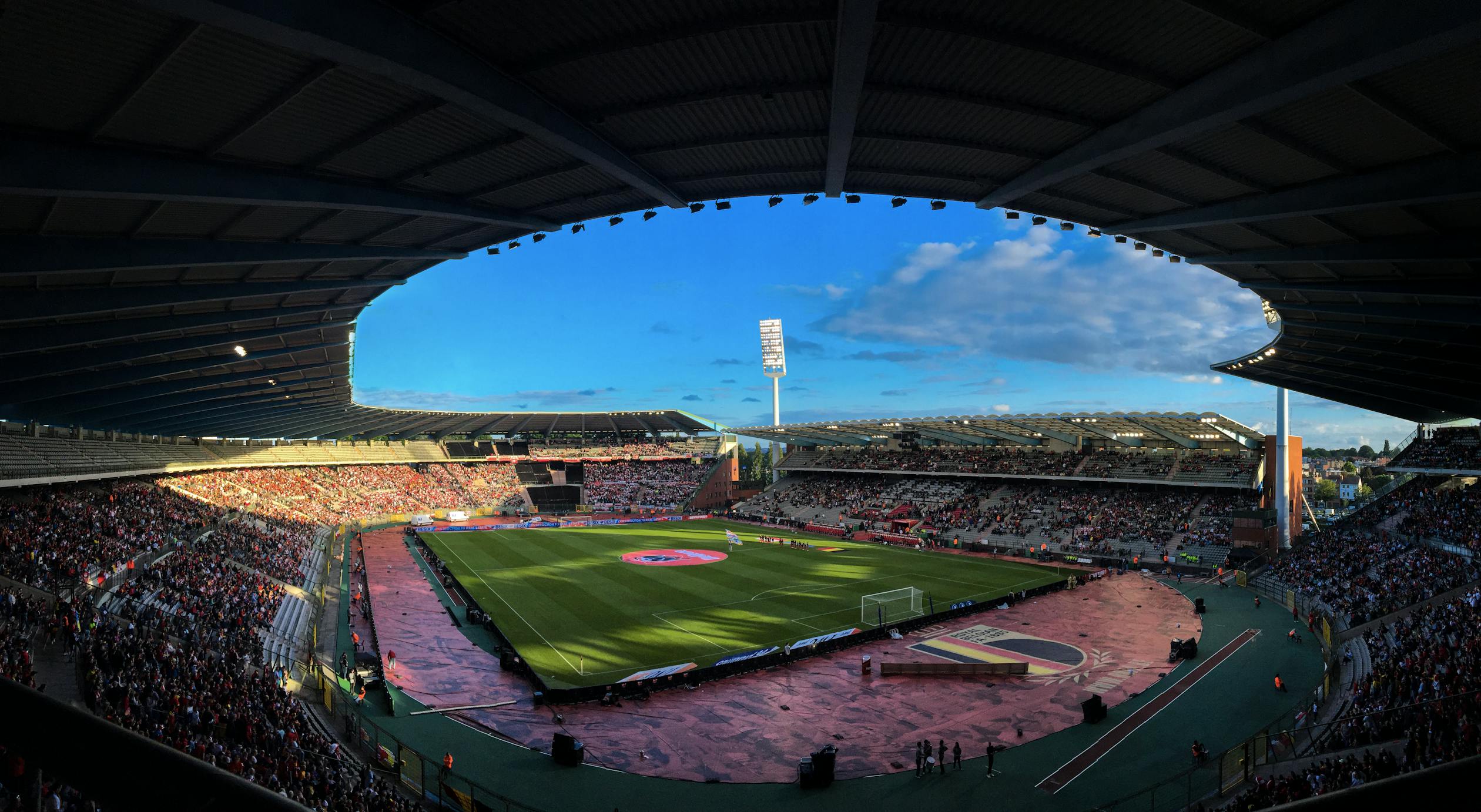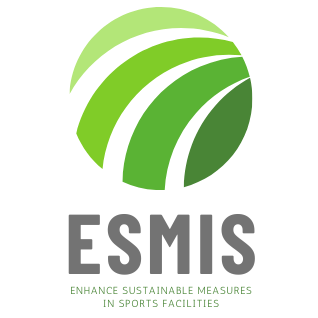

No
The King Baudouin Stadium in Brussels, Belgium, is the largest stadium in the country and the official home of the Belgium national football team. Opened in 1930 and renovated in 1995, it has a capacity of 50,093 seats and hosts international football matches, athletics events, and concerts. Featuring a grass pitch and modernized stands, it remains a key venue for Belgian sports despite ongoing discussions about a future replacement.
Belgium Football Team’s hosting stadium did not have any separate collection scheme and all waste generated in the stadium ends in general waste. The main objective of this initiative was to improve waste management during games.
Since the pilot stadium that run this pilot test serves as the host ground for the
home games of the Belgian men’s national teams that plays only up to 8 home
games per year, repeating this measure could bring certain benefits and improved
waste management performances. The only costs that could be avoided with
permanent infrastructure for selective waste collection is the price of the
equipment (its rental and placement/collection). The savings could be €2000 per
game. The treatment costs are expected to remain the same. This is why it was
advised that the owner of the stadium – the city of Brussels to consider installing
permanent infrastructure, as the stadium is also used for athletic competitions and
concerts. It could bring added value, as other event organisers could benefit from
this already available infrastructure.
The results of this pilot test were more than satisfactory, as the new collection
scheme managed to redirect 120 kg of Packaging Material (PMC) from the residual
waste. This basically meant that the capture rate of PMC was 83.2%, since 120 kg
out of 144.21 kg of PMC was captured. It also reflected in the total amount of
residual waste inside the stadium’s premises dropped from 1375.17 kg to 1120 kg.
Raising awareness and PMC collection pilot was implemented outside the
stadium’s perimeter where 10550 cans were collected and amounted up to 2.85
tons of empty beer cans which were redirected for recycling.
Process innovation
1)Waste Diversion & Recycling - 120 kg of PMC waste was redirected, achieving an 83.2% capture rate. Outside the stadium, 10,550 cans (2.85 tons) were collected for recycling, reducing landfill waste.
2) Cost Savings & Sustainability - Brussels approved permanent waste bins, benefiting football, concerts, and athletics. Avoiding temporary bin costs could save €2,000 per game.
3) Residual waste dropped from 1,375 kg to 1,120 kg, and littering decreased through strategic collection points
Investment & Costs – Installing permanent waste bins requires upfront funding from the City of Brussels, with additional costs for maintenance, signage, and staff training.
Limited Impact – With only 8 home games per year, the impact on football alone is low, but the investment benefits concerts and athletics too.
Overflow & Littering – Large crowds cause overflowing bins, so RBFA plans large-capacity containers, but funding and logistics remain challenges.
| Indicator | Value |
|---|---|
| Visits per year | 600000 |
| Water Consumption (liters/use) | |
| Primary energy Usage per year (kWh/use) | |
| Estimation of Water Saving (%) | |
| Estimation of Energy Saving (%) | |
| Estimation Waste and Resource Savings (%) | Medium (between 30 and 70%) |

Last update: 9 de diciembre de 2025 a las 17:46